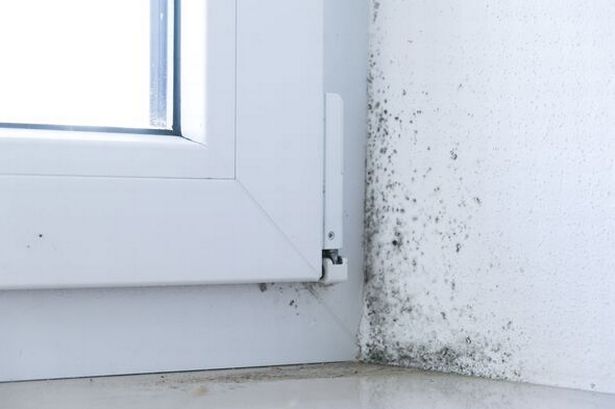Your cart is currently empty!
Stop mould growing in your home this winter with expert’s free hack

As the cold weather descends upon us this winter, the issue of mould growth becomes increasingly prevalent in many UK homes. Mould spores thrive in environments with excess condensation, often caused by the meeting of warm air with cold surfaces like windows, leading to the formation of water droplets. This creates damp air, especially when windows are kept closed for insulation during the winter months, reducing air circulation. The presence of mould can have detrimental effects on health, making it essential to address the problem before it worsens.
To combat mould growth effectively, specialists from the London House Clearing Company have shared invaluable advice for homeowners. One simple yet highly effective tip is to keep doors closed in rooms prone to moisture, such as the bathroom and kitchen. This helps manage humidity levels and restrict airflow, thereby preventing the spread of moisture and mould spores to other areas of the house. By reducing surface condensation and allowing ventilation systems to function optimally, this hack can significantly help in preventing mould growth.
In addition to keeping doors closed, homeowners should also be cautious with houseplants, as overwatering and poor drainage in plant pots can create a perfect breeding ground for mould. Opting for plant pots with drainage holes and regularly checking and removing dead parts can help maintain a healthy environment and prevent mould development. Furthermore, maintaining a clean and organised living space by decluttering can aid in tackling issues like dust, mould, and mildew that may be lurking in hidden spaces.
Taking the time to reassess seldom-used items and improving airflow by removing obstacles like bulky furniture can help prevent moisture accumulation and create a healthier living environment. By allowing air to circulate freely, keeping surfaces dry, and reducing trapped moisture, homeowners can effectively minimise the conditions conducive to mould growth in their homes this winter.
